Think you know what malaka means? You don’t.
Most foreigners are told that “malakas” is a rude Greek insult meaning “wanker’, “jerk,” or “idiot.” But ask any Greek, and you’ll hear many different stories — some that include laughter, friendship, and even affection.
In truth, this single word is used everywhere in Greece, depending entirely on how, when, and to whom it’s said. It’s not just swearing — it’s culture. Let’s set the record straight.
But let’s be real — you’ll mostly hear this word from kids and young people. As you get older, it shows up less and less. In many ways, it’s a piece of youth culture more than a lifelong habit.
What does malaka(s) mean in Greece?
“Malaka” is probably the first Greek slang tourists hear. You’ll catch locals tossing it around casually, and it can sound either friendly or aggressive — context is everything.
The word means “masturbator.” But the modern usage is far more nuanced. Depending on tone, it can mean:
- Insulting: wanker, jerk, asshole, idiot
- Affectionate: buddy, dude, mate
- Frustration: at politicians, the media, or just life
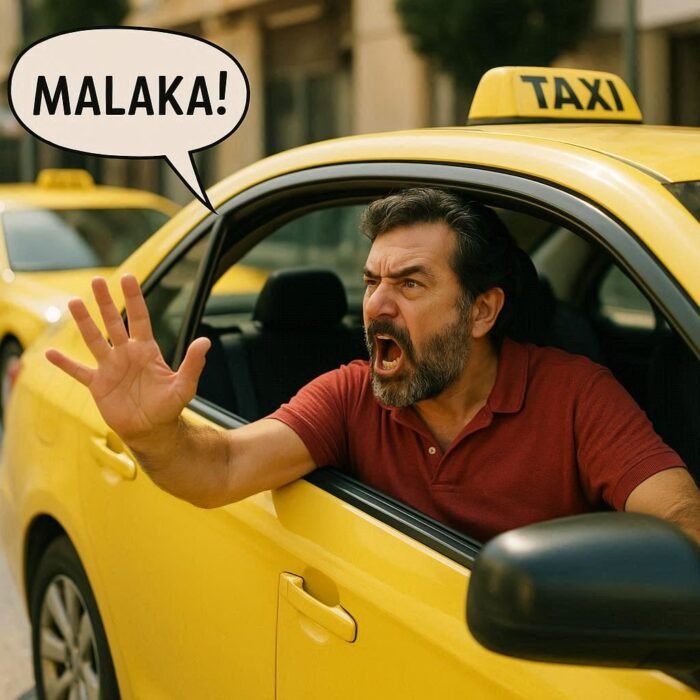

Let’s put it straightforward, this word is not only for idiots.
“Malaka” is a Greek word that can sound offensive, but its meaning depends entirely on context.
Among friends, it might be a casual “buddy” or even “mate”.
When aimed at someone you truly dislike, it becomes much harsher, conveying insults like “jerk”, “asshole”, or “motherfucker”.
In moments of contempt or irritation, it can also mean “wanker”, “idiot”, or “stupid”.
And don’t worry if someone calls you that, even the gods of Greek mythology, in their stories, weren’t immune to foolish mistakes. See? It’s not that complicated!
🚫 When not to use Malaka(s)
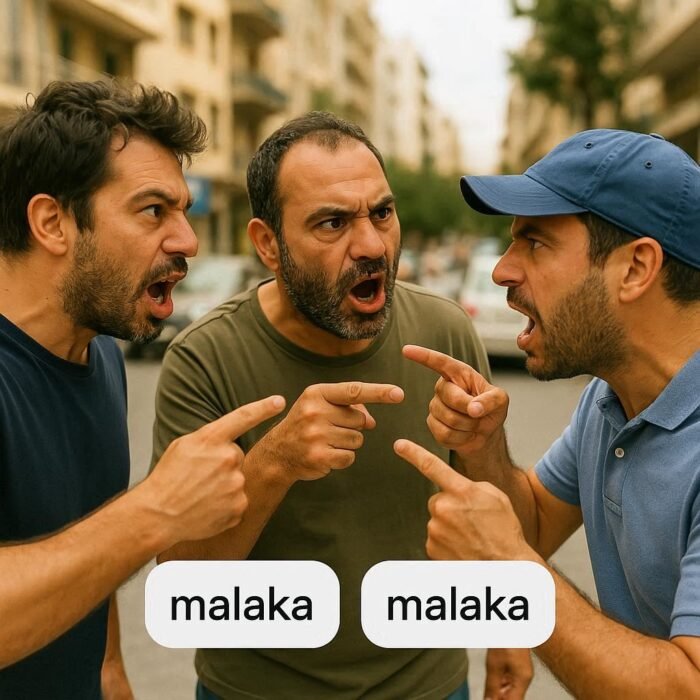

Alright, let’s decode the “Malakas” enigma and keep your nose unbroken, shall we? Buckle up, language explorers, because this is the Greek word maze you don’t wanna wander into without a map!
“Malakas” is like a sassy pet dragon – sure, it can be fun, but sometimes it might breathe fire when you least expect it!
Here’s the ultimate guide to navigating the “Malakas” minefield:
Rule 1: Gender Alert!
Ladies and gents, whether you’re crushing or cuddling, never toss “Malakas” like confetti. If you’re a guy, don’t say it to a gal – it’s like handing her an insult-wrapped bouquet. And hey, gals, same rule for the dudes – calling them this is like gifting them a not-so-shiny dunce cap.
Rule 2: First Impression Blues
Hold onto your hats, folks. If you’ve just met someone and think “Malakas” is a fancy icebreaker, hold that thought. It’s an icebreaker all right – for breaking the bridge between you two!
Rule 3: Stranger Danger
Think that you’re walking down the street, and a wild “Malakas” escapes your lips to a stranger. Whoosh! Brace yourself for a tsunami of trouble. Expect weird stares, raised brows, and a sudden urge to hide behind a lamppost.
Rule 4: Respect Your Elders
When it comes to seniors, the “Malakas” ship has sailed. Avoid saying it to folks who’ve seen more birthdays than you – grandparents, uncles, aunts, the whole shebang. Calling them this is like shouting, “I skipped the manners class!”
Rule 5: Sibling Shenanigans
Brothers and sisters, get ready for a plot twist! It’s all chill to drop “Malakas” bombs on your siblings – unless you’re in the middle of a tiff. Yup, even Greek siblings know when to holster this word.
Rule 6: Never use it when you drive
Have you ever seen Greek drivers fighting in the middle of the road after an accident?
It can be quite entertaining, and the cause might not even be the accident itself.
Instead, it could be because one driver called the other ‘Malaka,’ which in this context means ‘idiot,’ ‘incompetent,’ ‘stupid,’ ‘blind,’ ‘can’t you see, you crook?’, ‘did you get your driver’s license at night?’… and all those polite, cosmetic adjectives.
Rule 7: The Greek Riddle
Listen, only Greek Jedi Masters can decode all the secret “Malakas” handshakes. For the rest of us mere mortals, stick to the golden rule: avoid it like a haunted house on Halloween.
So there you have it, language adventurers – a guide to avoiding “Malakas” mishaps. Remember, it’s like a spicy hot sauce – a little can add flavor, but too much will leave you in tears!
✅ When you can call someone Malaka
Hold onto your Malakas hats, folks, because we’re diving deep into the labyrinth of Greek slang!
Saying “Malaka” in Greece is like wearing a secret friendship ring – it only works with your inner circle!
Expressions like ‘ela re malaka‘ (come on Malaka). or ‘na malaka‘ (take them Malaka), or ‘eise enas Malakas‘ (You are such a Malakas), etc… are always welcomed between friends!
But If you’re not exactly BFFs with someone, using this word might unleash the eyebrow raise of doom, after all, is not so polite to call ‘wanker’ a stranger.
Rule 1: The Close-Call Code
You and your pal, both hands on your secret decoder rings, crack a sly smile and drop a casual “Malaka.” Voilà! It’s like saying, “Hey, buddy” or giving a super-secret handshake – the kind that’s part cool, part code.
Rule 2: Sibling Shenanigans
Do you have brothers and sisters? Well, congrats, you’ve got a Malaka pass! Brothers can fling it, sisters can sling it – as long as they’re not in the middle of a sibling showdown.
Rule 3: The Multiverse of Malaka
Brace yourselves for a plot twist, linguists – “Malaka” has more layers than an onion. It’s the Swiss Army knife of Greek slang, with a gazillion uses. But here’s the twist: it’s like the word “run.” You can run a marathon, run errands, or run late – but it’s still just “run.”
Rule 4: Friend or Foe?
This word is like a secret weapon in a superhero’s utility belt – it can mend or break bonds faster than you can say “Malaka!” Imagine saying it to your pals and sparking laughter. But with strangers or even casual acquaintances, it’s like showing up to a costume party dressed as a question mark.
Why “Malaka” vs. “Malakas”?
If you’ve seen both malaka and malakas, don’t worry—it’s the same word. It’s just Greek grammar.
- In the nominative case (the “dictionary form”), we say ο μαλάκας → “the guy.” That’s why you see the -s at the end, especially in URLs or word lists.
- In the vocative case (when calling someone directly), the -s drops: μαλάκα! → “Hey malaka!” This is the way Greek grammar changes the endings.
👉 In English, there’s no difference, because English doesn’t really use cases anymore. But in Greek, that little -s tells you whether you’re talking about someone or calling out to them.
But Why Do We Hear This Word So Frequently in Greece?
The word has evolved into a kind of social Swiss army knife. In a country where frustration with institutions, politics, media, and even daily life is deeply rooted, malakas became a default expression of anger, irony, solidarity, or just fun.
Below is a simplified board that shows just a few of the types of people or behaviors that Greeks might refer to with this one word. It’s not always logical. But that’s the point:
The ‘Malakas’ Board: Who Gets the Label?
| Who/What | Why They’re a “Malakas” |
|---|---|
| Politicians | Because they lie, steal, or serve personal agendas |
| Journalists | Often seen as puppets for the government or oligarchs |
| Mass Media Owners | They fund propaganda, distort the truth, and profit from misinformation |
| The People | For tolerating all of the above, without reacting |
| Bad Drivers | Cut you off, ignore rules, then curse you instead |
| Friends | Yes — sometimes affectionately, like “you idiot, I love you” |
This is the paradox of malakas: a vulgar term that’s become a mirror of Greek society. It doesn’t just mean “wanker” anymore — it can mean almost anything depending on tone, mood, or moment.
So next time you hear it in a Greek taverna or from a passerby, don’t take it personally. It might be an insult — or a compliment. Or just part of the music of everyday life.


Other Today’s Meanings
Alright, folks, let’s dive into the enchanting world of “Malakas,” where meanings swirl around like a Greek salad at a party!
The Masturbator, since the Middle Ages, was considered the Idiot and everything around it, and still is.
And a masturbator’s synonym is the famous Malaka(s). We mean a person who’s the king or queen of cluelessness. You drop a hint, they miss it by a mile. Are people teasing them? They’re like, “Huh? What mocking?”
Meet the champ of misunderstanding, the grandmaster of being fooled. Yep, it’s like they’ve got a secret talent for turning simple conversations into a game of verbal twister!
Now, drumroll, please… let’s unveil the real deal: “Malakas” translates to the MVP of IQs that decided to take an extended vacation. Think about it – if brainpower were a rollercoaster, they’d be on the kiddie ride!
In the wild jungle of social circles, at work, or wherever minds mingle, “Malakas” is like a neon sign pointing to the low-IQ club. It’s the universal signal for “Hey, we’ve got a live one here!”
So, there you have it, folks: “Malakas” = Master of IQs lower than the average. It’s like calling out someone’s brain cells for playing hooky.
Just remember, the next time you hear it tossed around, it’s like a secret handshake for the IQ-challenged squad!
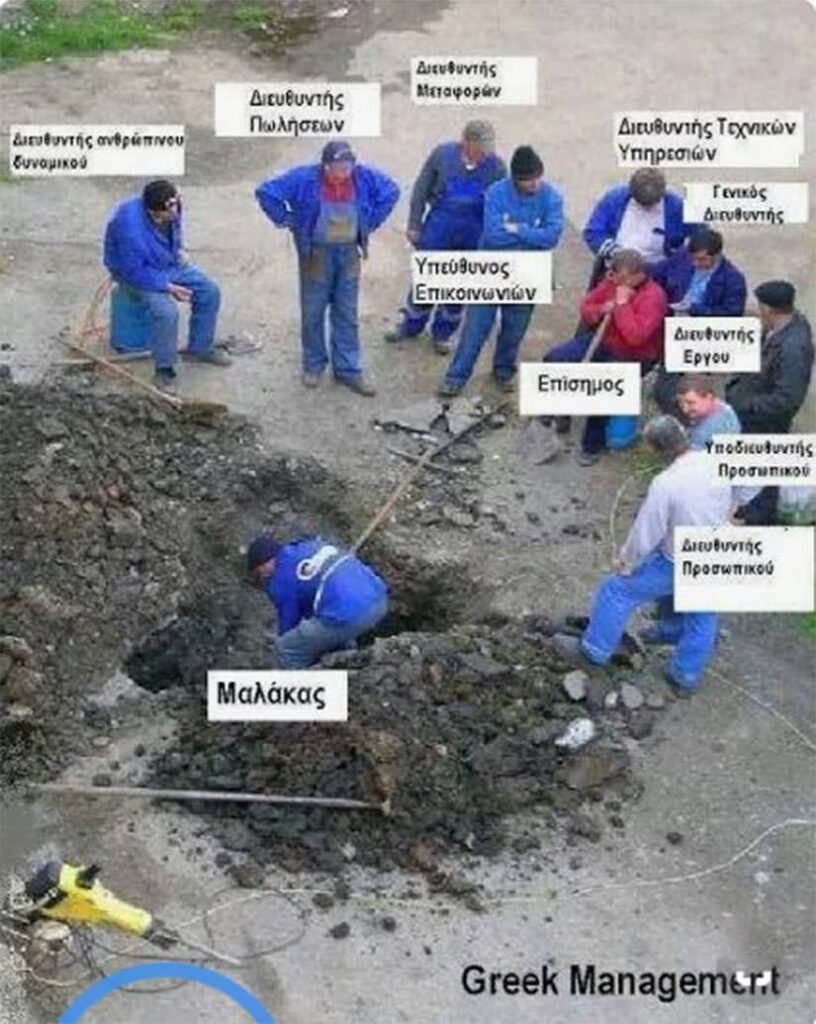

Why Do Friends Say “Malaka” to Each Other?
Among close friends, it’s not only tolerated — it’s expected. You’ll hear phrases like:
- “Ela re malaka” – Come on, man
- “Eisai enas malakas” – You’re such a goof (with affection)
Think of it as a Greek badge of trust — but only in familiar company.
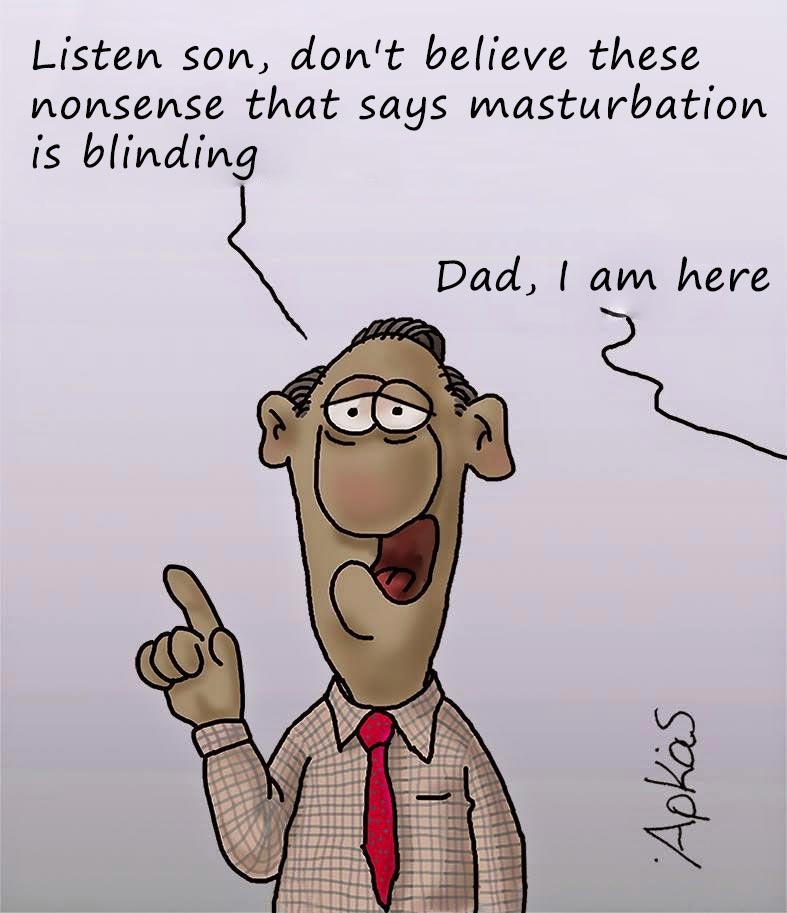

Origins of the Word Malakas
Historically, “malakas” comes from “malakia,” meaning softness or weakness. In medieval times, masturbation was linked to mental decline — so the term gradually evolved into a general insult for fools and weaklings.
But Greek culture is flexible. The same word can now carry irony, affection, or contempt — depending on the speaker and the moment.
So… Is “Malaka” a Bad Word?
Yes and no. It’s vulgar in literal meaning, but softened by social context. Greeks use it like seasoning — sparingly or generously, but always with intent.
So, unless you’re sure of the mood and your relationship with the person, keep it in your linguistic back pocket. Use it wrong, and you might get silence. Or worse — a slap.
Visiting Greece? You’ll Hear It. A Lot.
Especially in casual settings, such as cafés, beaches, and traffic jams. It’s cultural shorthand. Don’t try to master it — just observe and enjoy.
But wait, Malakas is just the tip of the iceberg; there are thousands more swear words in Greek that you will definitely enjoy!
Tourist Tip – Can Foreigners Use It Safely?
If you’re an English-speaking adventurer hoping to bond with the locals, chances are you’ve already heard malaka tossed around like confetti. The good news? Tourists usually get a free pass — think of it like an amusement park wristband. But fair warning: there’s always a tiny risk of stepping into friendly fire.
Heading to Corfu? Don’t be surprised if Malaka pops up in cafés, on beaches, or from a smiling driver stuck in traffic. Around here, it’s often more playful than rude. Use it with care, and you might just pass for a local (or at least make someone laugh).
Bottom line: Malaka is like a secret handshake — it can open doors or accidentally start a duel. Unless you’ve cracked the code, it’s probably smarter to keep it in your back pocket. And hey, when in doubt, focus on pronouncing moussaka properly — fewer risks, more rewards.
Final Thoughts
“Malaka” is more than slang — it’s a window into the Greek psyche. It’s about emotion, timing, and relationships.
And yes, here in Corfu, we might just say it more than anywhere else. But don’t worry — if we call you one, it might mean we like you.
Want more? See real-world examples from Greece, England, and France here:
Malakas… in Europe!So, buckle up, fellow adventurers, because the world of “Malakas” in Malaka’s country is just a click away.
And remember, when in doubt, embrace the spirit, the slang, and the unforgettable journey that comes with it. It’s all part of the glorious Greek experience, Malakas-style!
Excuse our lack of good sources, but who needs sources when an original Greek, malaka writes this post? Right?


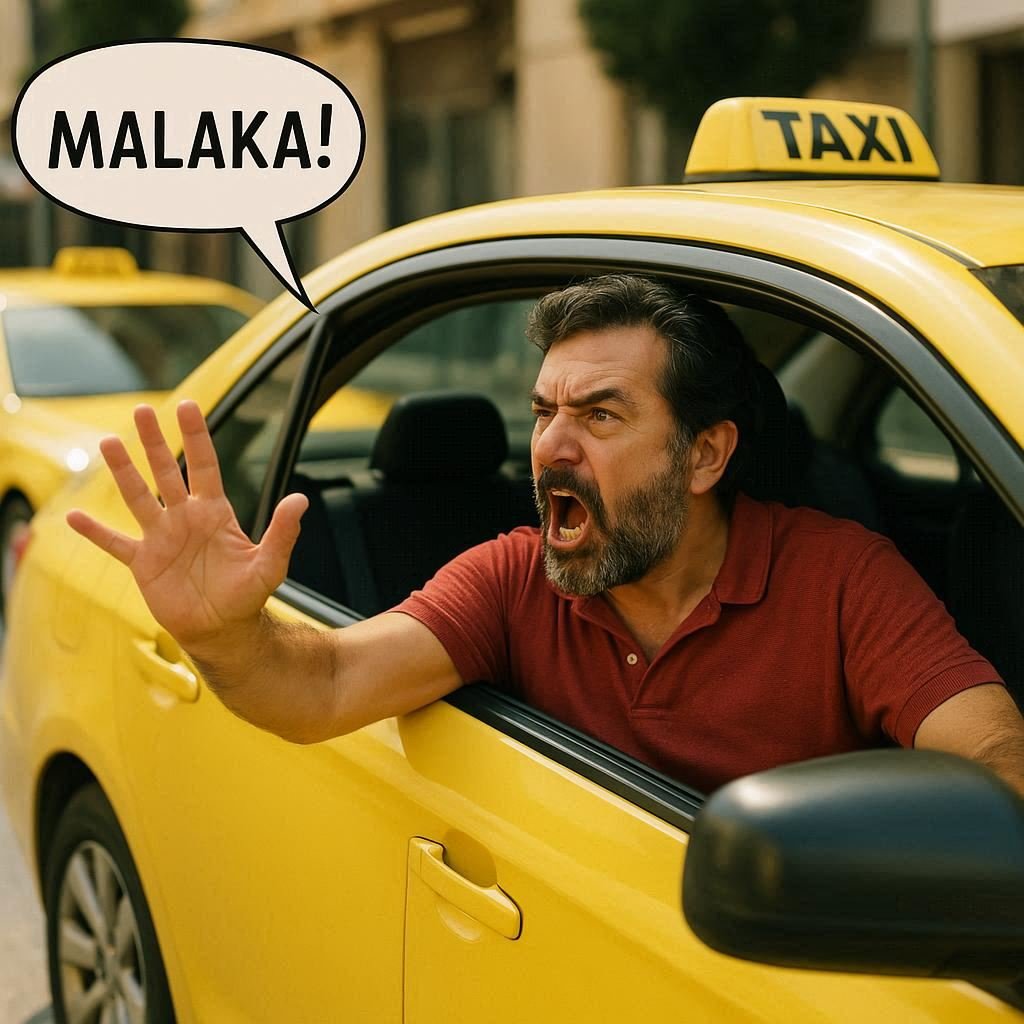













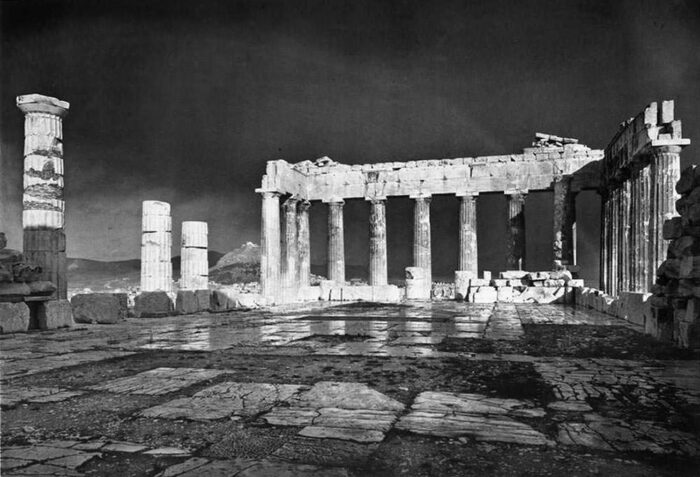


Comments